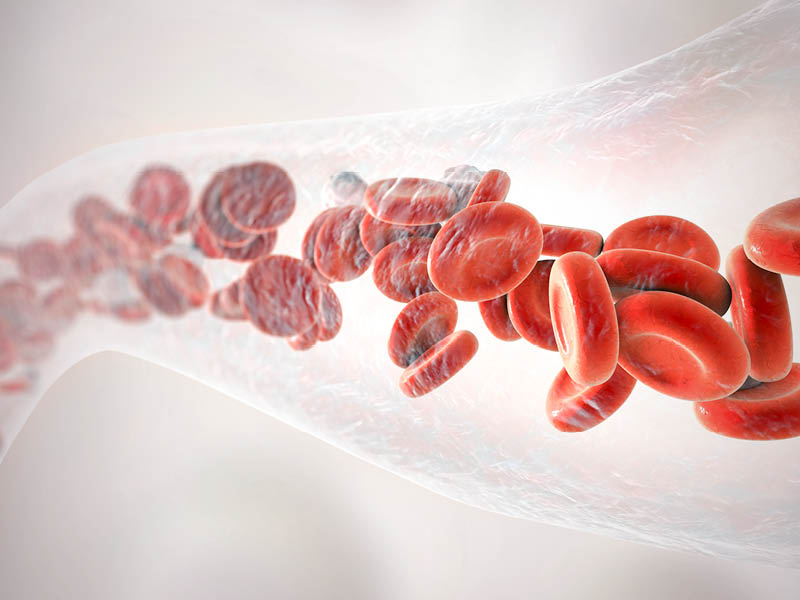New drug to prevent clots clears safety hurdle
By American Heart Association News

An experimental type of anti-clotting drug appears to be safe, according to an early-phase study.
That's good news in the treatment of stroke because current medications can increase the risk of potentially dangerous bleeding.
The results of the first human trials for the new antiplatelet compound, known as ACT017, were reported Thursday in the American Heart Association's journal Arteriosclerosis, Thrombosis and Vascular Biology. They clear the way for a larger phase 2 trial, which the drug's developer, Acticor-Biotech, said is getting started in stroke patients.
People who have had a stroke caused by a clot are at risk for another. They are usually given medicines such as aspirin that inhibit platelets from clumping and forming clots. But current antiplatelet medicines also increase the risk of bleeding in the brain.
The new study raises hope that ACT017 might eventually provide a safer alternative.
"There is a clear need for a novel antiplatelet agent that resolves platelet aggregation and clot formation without raising the risk for bleeding. Such a therapy would considerably improve and expand our current therapeutic arsenal for the treatment of acute stroke," said Dr. Martine Jandrot-Perrus, the study's senior author, in a news release. She's a scientist at France's National Institute of Health and Medical Research and a consultant for Acticor-Biotech, which paid for the trial.
The drug targets a protein found in platelets. This protein is critical for clot formation but does not play a role in regulating bleeding.
The phase 1 trial involved 36 healthy people. The most common side effects were mild headache and head discomfort, which resolved during the study.
"Our results are quite encouraging because they show the candidate compound is well-tolerated at doses even twice as high as the ones targeted for a future treatment and without any signs of bleeding," Jandrot-Perrus said. "Another encouraging finding is the fact that the drug's action on platelets is rapid, specific and largely reversible within 24 hours."
If you have questions or comments about this story, please email [email protected].





